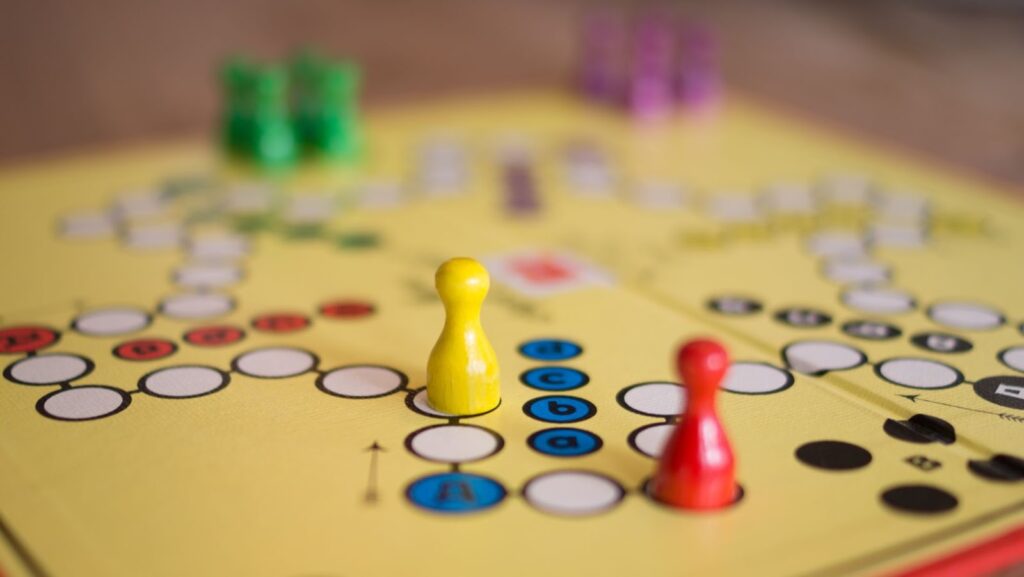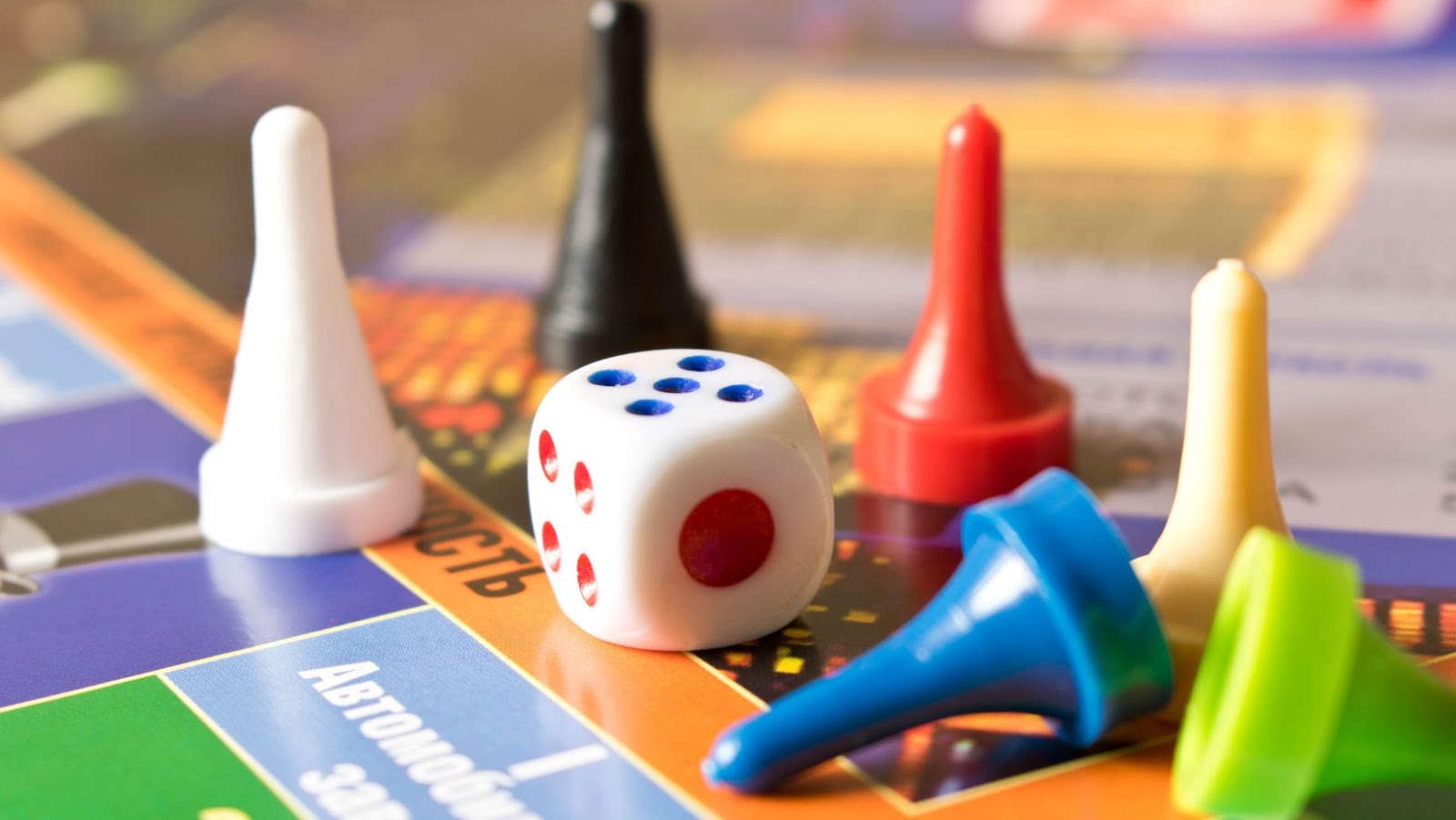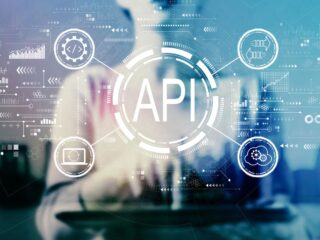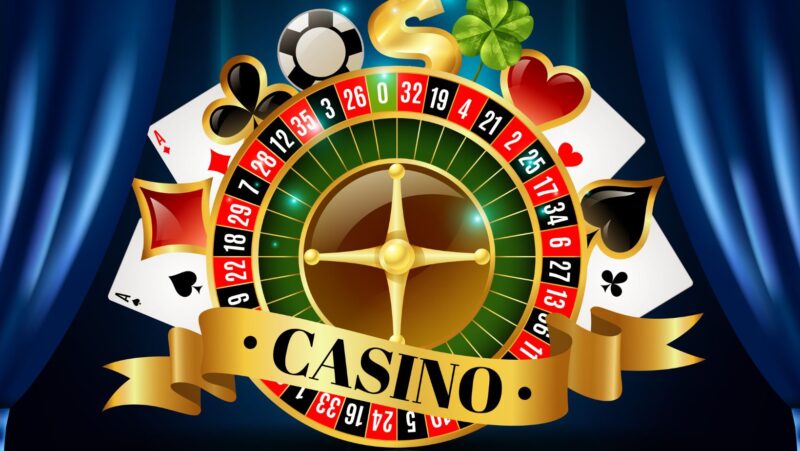
AlphaGo is a computer program developed by Google DeepMind in 2016 which became the first artificial intelligence system to beat a professional Go player, Fan Hui. It achieved this impressive feat by combining machine learning and Monte Carlo tree search algorithms that enabled it to rapidly analyze and select the best moves during matches of the ancient Chinese game.
In doing so, AlphaGo has set an important precedent for further development of AI models that combine new technologies to optimize performance in complex problems.
Beyond its abilities outperforming human players at Go, AlphaGo’s advances also provide insights into how we can more effectively teach machines to reason about and make decisions based on complex data sets, such as those found in finance or deep learning applications. By studying AlphaGo’s algorithm framework, we can gain insights into how people learn when tackling difficult tasks. Further research may allow us to leverage similar machine learning models for greater accuracy and efficiency when solving tricky real-world problems like pricing options or predicting stock market trends.
What is AlphaGo?
AlphaGo is a computer program Google and DeepMind Technologies developed to compete against the best human players in Go. It has stunned the world by beating players previously thought to be unbeatable.
AlphaGo’s success has caused many to speculate about other insights it may offer about how people learn. In this article, we’ll examine the implications of AlphaGo for machine learning and how people learn.
AlphaGo’s History
AlphaGo is an artificial intelligence (AI) computer program developed by Google DeepMind to play the board game Go. AlphaGo was the first computer Go program to beat a professional human player, and it’s continuing to gain skill through advances in machine learning programming. Go is believed to be many times more complex than chess, so successful development of AlphaGo has opened up vast possibilities for AI research and applications.
AlphaGo was first developed in 2016, after several years of research by DeepMind’s engineers and computer scientists. It began with numerous experiments with established algorithms such as Monte Carlo Tree Search and deep neural networks before developing the core system for AlphaGo which combined both. This allowed for a much more accurate search through the possible moves, more quickly deemed the best move, and faster response time overall when playing against a human opponent.
In 2016 and 2017, AlphaGo had several highly publicized matches against professional Korean Go players including Lee Sedol and Ke Jie winning all but one match against each opponent respectively. However, when both games were over, it was clear that AI had taken a major leap forward in playing games at a superhuman skill level. Since then Google has recently unveiled AlphaZero which further upgrades upon the current algorithms used in AlphaGo now capable of beating any programmed or human opponent at multiple different games including Chess, Shogi or otherwise known as Go Chess, Checkers, Arimaa and others once for all the rules on how to play them.
AlphaGo’s Algorithm
AlphaGo is a computer program developed by London-based artificial intelligence company DeepMind. It is the first computer program to have defeated a Professional Go player in an official competition match, and the first to defeat a world Go champion. The algorithm used by AlphaGo is based on deep learning and reinforcement learning techniques.
Deep learning is a type of machine learning that uses layered neural networks to identify patterns in data sets and draw out complex insights from them. It works by taking large amounts of data and analyzing it for new insights or using existing information. By doing this, computers can recognize objects, understand speech, comprehend sentiment, make decisions and make other predictions.
Reinforcement Learning (RL) is also an approach passed on from animals through evolution that optimizes behavior based on rewards and punishments applied over time from environment changes made near the beginning of training. RL algorithms operate in 6 different steps: environment change > observation > analysis > policy decision > implementation > rewards/punishment result; then back at environment change again for another cycle – “learning”.
AlphaGo combines these two techniques to explore thousands of possible moves before selecting one with the highest probability of success, enabling it to play Go better than any human could. It can even recognize patterns previously seen in matches with more highly ranked players, improving its playing strategy as it accumulates more experience. With its impressive AI capabilities, AlphaGo has learned not just how to beat humans at Go but how they think too — teaching us much about how people learn and giving us valuable insight into how computers may soon become smarter than we ever thought possible!

What AlphaGo Can Teach Us About How People Learn
AlphaGo, the world’s first computer system to defeat a professional human Go player, is an artificial intelligence (AI) system based on machine learning. AlphaGo’s success against the world’s best human player demonstrates the power of machine learning to solve complex problems.
Beyond its technical success, AlphaGo can also teach us much about how people learn, both in human-machine systems and our daily lives. So let’s examine how AlphaGo’s machine learning can teach us more about human learning.
The Importance of Exploration
One of the most impressive aspects of AlphaGo is its ability to explore the game space when it starts. By randomly playing moves in its early stages, it can discover strategies that have eluded human players for centuries. This kind of “learning by exploration” resonates strongly with how people learn.
Research in cognitive psychology supports the idea that exploration and experimentation are key components of successful knowledge acquisition and learning. We can connect concepts we initially find confusing or ambiguous through exploration and experimentation. As we explore a topic, subtle nuances become apparent, improving our understanding and leading to better performance.
For instance, consider someone trying to learn a foreign language like French or Spanish. When encountering a new word or verb conjugation, they may try different pronunciations or contextually related words until they finally stumble upon the correct answer. This approach helps them develop new skills faster than memorizing isolated facts from a textbook.
AlphaGo has demonstrated how exploration can be used within an artificial system to achieve feats that surpass those of even the most experienced human players in many areas of expertise—including professional Go players, who are now being utilized as teachers for what AlphaGo’s AI can teach us about learning from mistakes and exploring new solutions within complex systems such as nutritional science or biochemistry research. We can use this innovative AI-based teaching model for our learning by utilizing exploratory techniques before settling on one particular solution—gaining valuable insights on our path forward in helping build sustainable cities for tomorrow’s world today!

The Benefits of Adaptability
The success of AlphaGo has opened up many possibilities in machine learning, and the results of its games can teach us about how we learn and adapt. We can see that by providing an analytical framework and allowing it to interact with data, AlphaGo could adapt quickly to discover and refine strategies. By interacting with an environment that was constantly changing as it played 500 games against itself, AlphaGo learned from mistakes and refined its game plan accordingly.
On a larger scale, this ability to respond quickly to different environments is a powerful lesson for all learners. Whether you’re looking at AI or humans, continually adjusting your learning method in response to real-time feedback can be highly beneficial. By emphasizing the importance of effectively responding to changing conditions, AlphaGo has taught us about the power of adaptability. This knowledge can help us create better ways of learning across all disciplines.
The Power of Collaboration
AlphaGo, the AI developed by Google’s DeepMind, has demonstrated the power of collaboration in its extraordinary success. By combining forces between computer and human intelligence, AlphaGo has overturned centuries-old assumptions about how people learn and develop new skills.
Working together with a team of human players, AlphaGo was able to learn and adapt quickly using a system of trial and error that far surpassed any individual playing alone. Instead of just memorizing moves, it combined existing knowledge with insights from its opponents to gain deeper understandings about the game. This allowed it to gain new insights on approaching each turn with greater precision than any single player could accomplish independently.
The collaboration between computers and humans also broke down traditional barriers between machines and players. For example, as each player learned new strategies from AlphaGo’s progress, they would use them to increase their attainments in the game – teaching collaboration rather than competing.
The implications for learning are enormous when we can work together more efficiently as teams – even teams composed of machines and people collaborate synergistically in an intelligent way. Rather than having one person or technology monopolize information or skills, imagine what could be achieved in our schools or workplaces if we adopted a more collaborative approach towards learning like AlphaGo’s success demonstrates?

Conclusion
In conclusion, AlphaGo is an artificial intelligence (AI) program created by Google’s DeepMind lab to play and master the game of Go. It is one of the first commercially successful AI programs to use deep learning, which means it can learn from its mistakes and adjust its strategy accordingly.
AlphaGo has also shown us how AI can be used to understand how humans learn, as it has taught itself things that traditional Go players were unable to, such as new tactics and strategies for the game. Finally, AlphaGo’s win over legendary Go player Lee Sedol is a testament to its incredible power and our human strengths, demonstrating that we are still capable of innovation and creativity despite immense competition.












